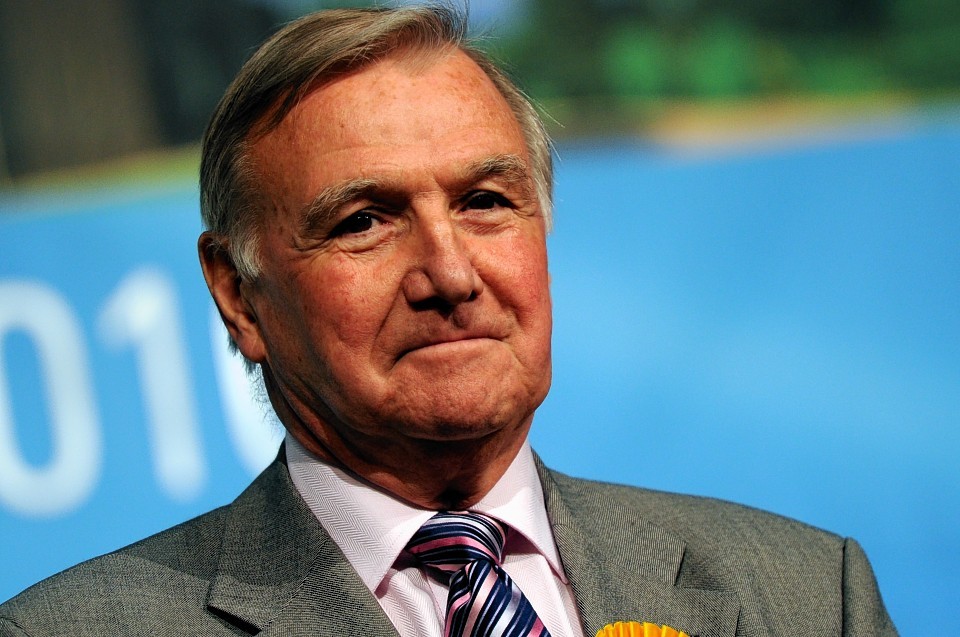Scotland could find itself completely outside any government if it votes overwhelmingly for the SNP at the election, deputy Lib Dem leader Sir Malcolm Bruce has said.
Mr Salmond is battling to take Sir Malcolm’s seat in Gordon, north-east Scotland, with the Lib Dem standing down after 32 years in Parliament.
Sir Malcolm claimed that people were waking up to the fact that a clean sweep of SNP MPs could give them no representation in government and so were thinking about voting tactically.
He told BBC Radio 4’s Today programme: “I am meeting people who voted Yes, who are not voting for the SNP and feel it’s maybe gone too far and we should move on.
“Secondly there wasn’t a uniform vote across Scotland, there were very substantial variations.
“Here we are in the north-east of Scotland, it was overwhelmingly against independence, certainly well over 60%.
“Therefore you cannot assume that the SNP will actually get enough votes automatically to hold or win seats in the north east or other parts of Scotland.
“We are finding that people are voting tactically because if you take these polls all the way through, Scotland could effectively put itself out of reach of being part of any government because we have elected nobody of the governing party, whatever it is.
“That’s not good for Scotland.”
Sir Malcolm also argued that unlike the SNP, the Lib Dems were likely to be in coalition after May 7, and so would have far more success in delivering policies than the Nats.
He said: “Our argument is the system is not delivering a majority to any party, actually a stable government requires a coalition, not confidence and supply, and actually the junior partner can deliver policies if it’s in government in a way that it can’t from opposition.”
